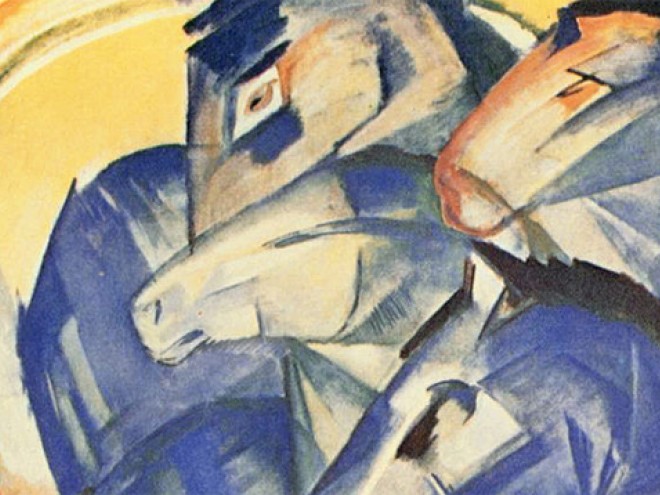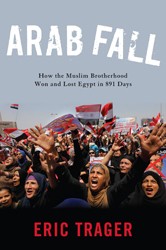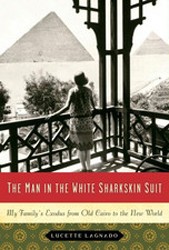Josh Weil, author of the recently published The Great Glass Sea, is blogging here today for Jewish Book Council and MyJewishLearning.
 Any run-in with a Russian bathhouse is bound to shock: men chugging bottles of beer-like kvass, felt hats helping them sweat, sweat flying from birch branches as they beat their naked flesh. But what sticks with me most is this: stepping into the sudden heat, seeing them perched all around me, their privates dangling at my eye height. Feeling their stares. Realizing they are all uncircumcised.
Any run-in with a Russian bathhouse is bound to shock: men chugging bottles of beer-like kvass, felt hats helping them sweat, sweat flying from birch branches as they beat their naked flesh. But what sticks with me most is this: stepping into the sudden heat, seeing them perched all around me, their privates dangling at my eye height. Feeling their stares. Realizing they are all uncircumcised.
I’ve never been much of a Jew: can’t speak Hebrew, wasn’t bar-mitzvahed, don’t believe in God. In Williamsburg I feel aligned with hipsters more than Chasids. I like mayonnaise on my pastrami. My grandmother shakes her head. Though she’s accepted my goyish ways, calls my wife “sweetheart” when, surely, her grandmother would have said “shiksa” instead.
Still, my father’s parents fled Germany just before the Holocaust, his grandfather was sent to a concentration camp, and, though, miraculously, he made it out, I know I have great aunts and uncles who did not. My mother’s grandfather was forced from his shtetl into the Russian army — for a Jew, near-certain death. In my family, the story of his flight is legend. I believe it, the way I’ve never questioned my father’s stint on a kibbutz. Though for a long time I couldn’t comprehend how his sister could move to Israel, trade Montana’s mountains for Tel-Aviv.
I’ve never wanted to visit there, not even when, for nearly a year, I lived a mere three hundred miles away. In Egypt, walking the fields around the village where I lived, I’d have this conversation, almost every day, nearly verbatim:
Egyptian Farmer (waving me over): “What’s your name?”
Me: “Josh.” (The Arabic, Yusha, would mark me as a Jew, so I used English.)
Farmer: “George? Like Bush?”
Me: “Yes, but I hate him.”
(Grins all around.)
Farmer: “Are you a Muslim?”
Me: “No.”
Farmer: “Christian?”
Me: “Yes.”
The suggestion that I read the Quran always followed this. I’d answer that I had. Which would stun him silent. To have read it and yet still not believe was nearly as incomprehensible as the concept of an atheist would have been. Though still better than a Jew.
Farmer: “Do you support Israel?”
Me (always): “I don’t know anything about it.”
Though I was beginning to. On Rosh Hashanah, I joined Cairo’s last handful of Jews at the city’s last working synagogue. It was surrounded by cops with AKs, special forces behind riot shields; inside, beyond the dogs and metal detectors, the main hall was patrolled by Mossad agents, staff from the Israeli embassy in the pews. To anyone who might try to sneak a weapon in, or plant a bomb, or simply throw a stone, I was the same as them. And, after the service, sharing fresh figs and honeyed sweets, I felt it was true.
Kugel, matzo-brei, my grandmother’s pickled herring: this has always been my comfort food. The sound of Yiddish makes me smile. Klezmer makes me want to dance. Study, self-betterment, responsibility to the wider world, the stress and guilt and workaholic unhappiness that come with it: sometimes, meeting strangers, we smell it on each other, a kind of a kinship; if we had tails, they’d wag.
But in Oradea — another synagogue, another year — all was still. Outside the walls I could hear the Romanian dogs who’d rushed me, the shushing of the caretaker who’d beat them with a blackjack. He slept in the entrance, paid by one of the many Jews long gone. Ceausescu, the Iron Guard, the pogroms: whoever had survived had left. Inside, it was beautiful — huge domed roof, hints of gold — but silent. A rustling: the ripped remains of a curtain. A creak: plaster hanging from a cracked wall. And then the shock of my own crying.

Back in the banya — shoulders beaten, skin scrubbed — my Russian friend gestured awkwardly at my crotch. Oleg is a sweet man, but I remembered my first trip to his country, how I’d heard someone outside railing against the Jews, a clanging against a wall, the cat I’d found that morning, its chest ruptured by an iron pole.
“Because,” I told him, “I am a Jew.”
As I write this my wife is pregnant with a boy. When he is born we’ll have him circumcised. To do otherwise would mark him just as surely, except as someone he is not. Not because of his blood — I don’t believe in that any more than I do God — but for the same reason that I will one day take him to Dachau, to Russia, to the town where his great-great grandfather was from, and, if they have a banya, I will want him to know why people stare. Almost as much as I hope that he won’t have to.
Josh Weil was awarded the Sue Kaufman Prize from the American Academy of Arts and Letters forhis debut collection, The New Valley. A National Book Award “Five Under Thirty-Five” author, he hasreceived fellowships from the Fulbright Foundation, Columbia University, the MacDowell Colony,Bread Loaf, and Sewanee. His fiction has appeared in Granta, Esquire, One Story, and Agni. Read more about him and his work here.
Related Content
- Essays on Wandering Jews
- Reading List: Am I a Jewish Writer?
- Voda Shot, Pickle Chaser by David A Kalis
Josh Weil was awarded the Sue Kaufman Prize from the American Academy of Arts and Letters for his debut collection, The New Valley. A National Book Award “Five Under Thirty-Five” author, he has received fellowships from the Fulbright Foundation, Columbia University, the MacDowell Colony, Bread Loaf, and Sewanee. His fiction has appeared in Granta, Esquire, One Story, and Agni.



